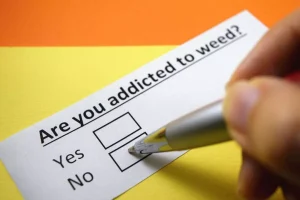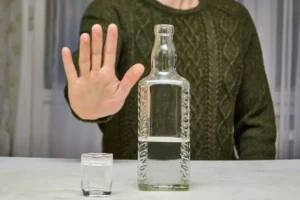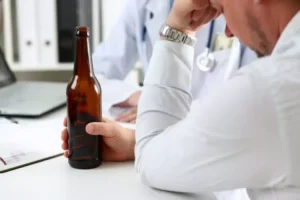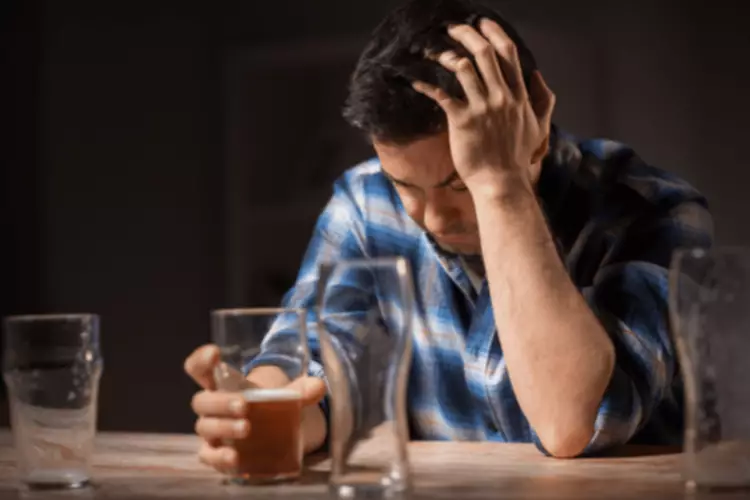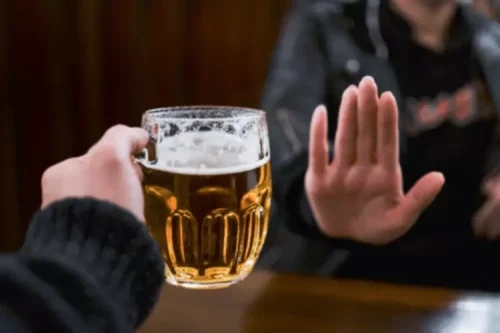
” I was shocked into doing something about it and fatherhood was definitely a big aspect of that —the catalyst that shook me. And I would never want to go back there.” Shepard’s wife Kristen Bell wrote an emotional post on Instagram in September 2018 celebrating his 14th year of sobriety. Goodman struggled with alcoholism for years and even drank while filming the original “Roseanne.” sober alcoholic At one point, star Roseanne Barr confronted him about it. “I had a big problem with alcohol and pills and I couldn’t stop,” he told People in 2013. “Eventually things got so bad that I couldn’t hide it, and then everybody knew.” “To come home and not to have the buffer support of a few drinks just to calm the nerves, it was a really amazing thing,” Farrell added.
- Alcoholics Anonymous helps alcoholics stop drinking — and live a better life — one day at a time.
- Sober Grid is a free app that can connect you with sober people in your area and around the world.
- Sobriety can be a fixed-term goal like staying sober for a set period (such as Dry January), or a lifelong goal of staying sober from all substances.
What is ‘Sober Curious’? All About the Growing Trend Toward Life With Less Alcohol
Sarah Allen Benton, M.S., LMHC., LPC, is a licensed mental health counselor and author of Understanding the High-Functioning Alcoholic. However, I was ready to hear their concerns and fears genuinely, and after four years of trying to control my drinking, had finally accepted that I was an alcoholic. An estimated 29 million Americans — including about one in five middle-aged adults — are unable to stop or control their drinking despite major consequences. This content is not a substitute for professional medical advice or diagnosis. During your alcohol break, you may try journaling to write down your experiences, any changes you notice and your thoughts about alcohol, offers Wilcox. This reflection can provide valuable insights and help you develop more sustainable habits, she says.
Alcohol Addiction Treatment
Others may have increased marital or relationship problems that are heading toward divorce or breakups. Maybe your work life has suffered, and your boss is tired of you calling in sick or https://ecosoberhouse.com/ coming in late. Perhaps your school performance has declined and you’re in danger of failing or you’ve been missing so many classes because you’ve been hungover that you can’t catch up.
- The romance of wine clubs, scotch tastings, and “a few beers while we watch the game” is dead for me.
- The reality is that many situations can make it hard to reintegrate into normal life without some hiccups and potential for relapse.
Healthline’s picks of the 9 best alcohol support groups
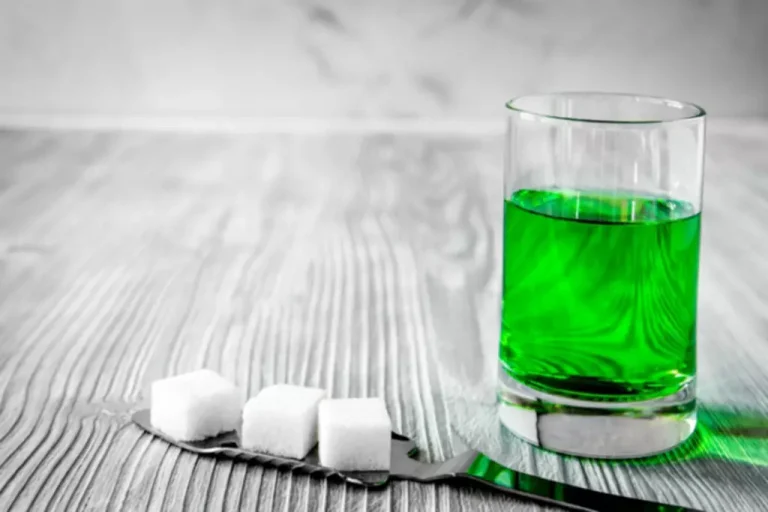
While the majority of these groups are free to join, some do require a monthly or annual investment. The paid subscription groups generally come with additional features, like direct expert support and 24/7 access to recovery coaches. If you’re wondering whether you have AUD, looking at the symptoms can help lead you to answers. When visiting your doctor, they may choose to do a physical exam and psychological evaluation before diagnosing AUD. Online alcohol support groups also require consistent access to the internet and tools like a computer or smartphone that allows you to connect via video services. These cravings can be triggered by various factors such as stress, emotional distress, or even certain social situations that remind you of past substance use.
- Support groups can include 12-step meetings like Alcoholics Anonymous (AA) or non-12-step groups like SMART Recovery, which has a more secular approach.
- For some, sobriety means complete abstinence from all substances, including alcohol, drugs, and sometimes even nicotine and caffeine.
- No one can wave a magic wand and make you or someone you love sober.
- In an interview with GQ UK in 2012, Lana Del Rey opened up about her struggles with alcohol and drugs as a teen.
- Shepard’s wife Kristen Bell wrote an emotional post on Instagram in September 2018 celebrating his 14th year of sobriety.
Who should not use online alcohol support groups?
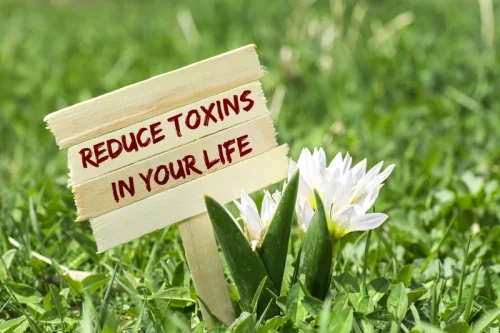
AA hosts free meetings for members to share their experiences with addiction and to uplift each other. Members can bond over their common challenges while engaging in the 12 Steps, a spiritual foundation to develop strength and harness hope to recover. If you or a loved one is experiencing symptoms of AUD, it’s important to speak with a healthcare professional.
Alcoholics Anonymous
